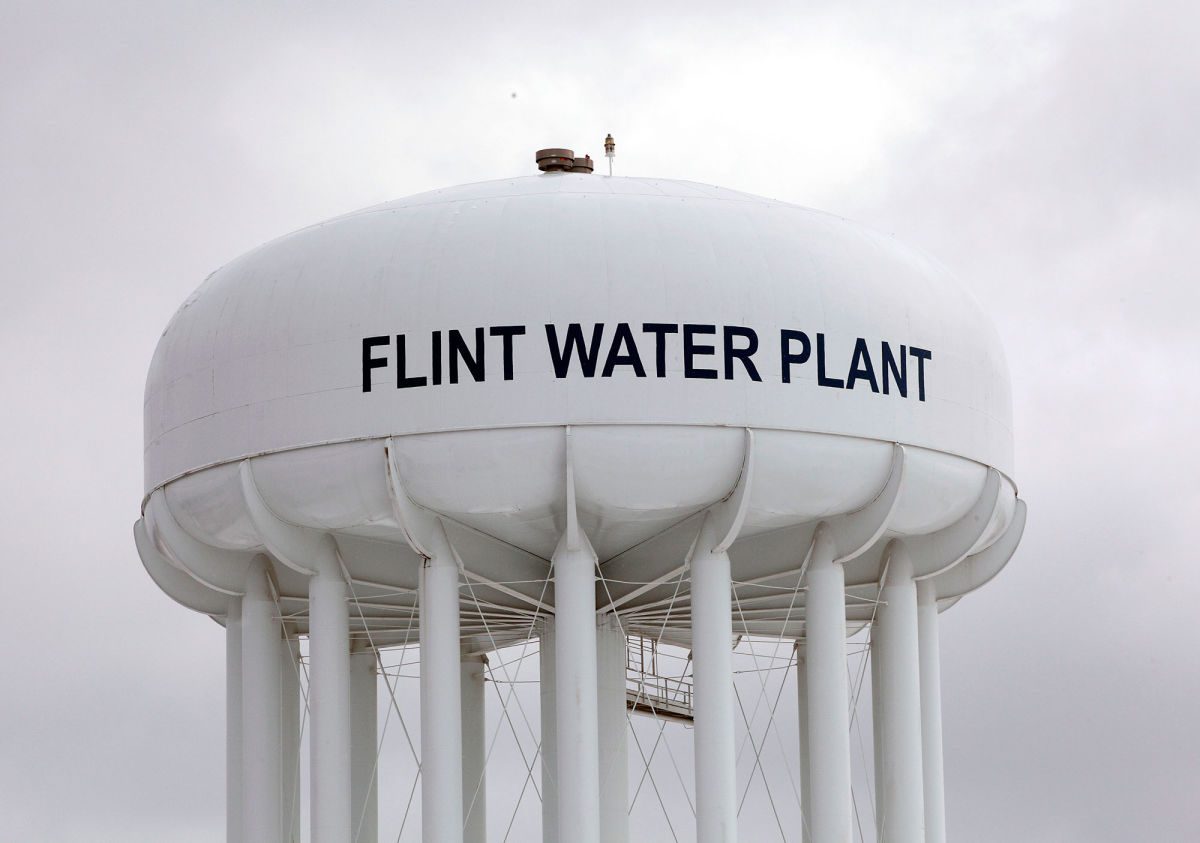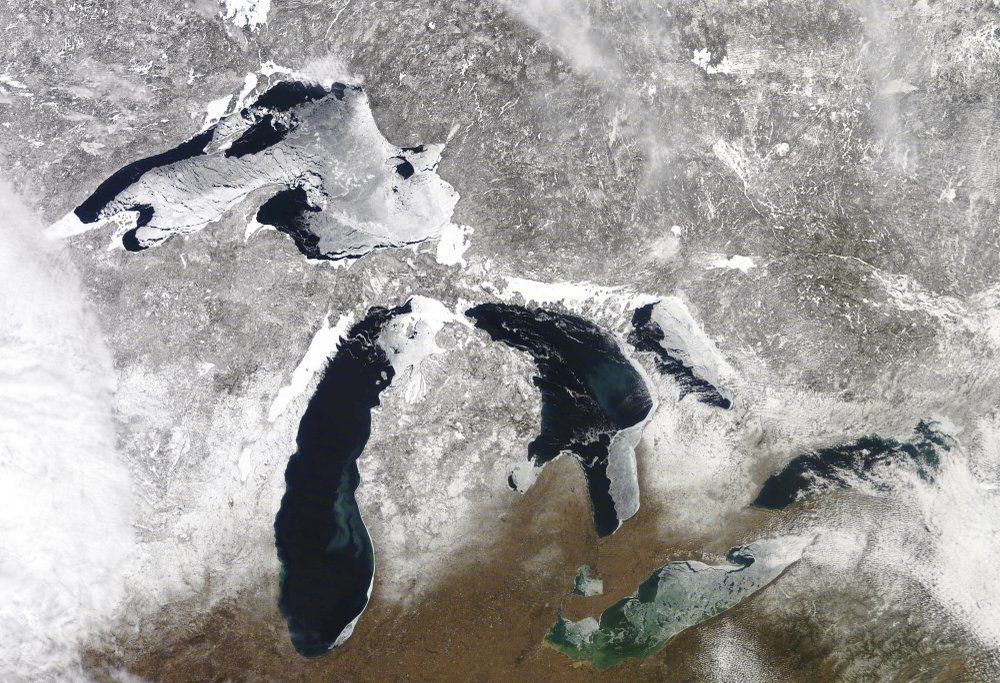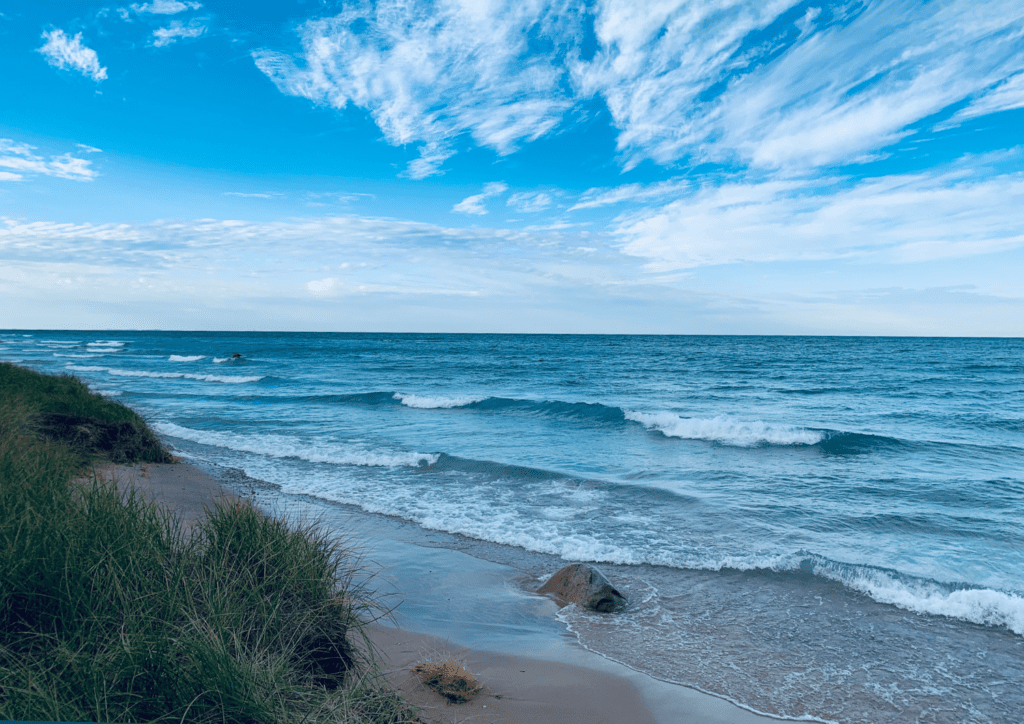The current water crisis in Flint, Michigan is a stark reminder for everyone, including Canadians, that safe and clean municipal water services are essential.
In a bid to save money, a state-appointed emergency manager switched Flint’s water source to the corrosive Flint River at an irreversible cost to the health of Flint residents, especially the children who were poisoned by lead in their drinking water. The injustices committed against Flint’s residents demonstrate how important it is that governments make timely and sufficient investments in municipal water systems before it’s too late. Flint residents need clean drinking water and bottled water is, at best, a band-aid solution with some big drawbacks.
Government relief efforts should not rely on bottled water
Since news about the water crisis broke, Flint has been flooded with millions of plastic water bottles from well-intentioned donors. These bottles have helped some residents for the time being, but it’s not a sustainable solution. In order to drink, bathe, and live their lives each Flint resident would need 200 bottles of water a day– that’s a total of 20.4 million bottles per day!
Now, Flint is left with too little clean water and a new problem: copious amounts of empty plastic water bottles that are overwhelming the municipal recycling system, polluting neighbourhoods, and filling up the city’s landfills.
Instead of relying on bottled water, now is the time to rebuild a safe drinking water system so residents can once again trust their tap water. The Mayor of Hamilton, Ontario had the right idea when he offered Flint’s Mayor technical assistance to control corrosion of lead pipes
Investing in infrastructure is about protecting lives
Sadly, Flint is not alone in relying on bottled water. There are many communities here in Canada as well whose drinking water is contaminated, and who also rely on bottled water for daily life.
While bottled water is needed in emergencies, relying on bottled water for the long term diverts money and resources away from more permanent solutions. In one First Nation’s community facing a boil water advisory, the Canadian government has spent more thantwo million dollars on bottled water – about half the price of a new water treatment plant.
Furthermore, day in and day out, these massive water bottle companies extract water from our aquifers, lakes and rivers – sometimes even from the municipal supply – for a miniscule cost and turn around and sell that water for huge profits. This isn’t about public service. It’s about big business.
Flint reminds us that safe drinking water is not just another budget line that can be cut. According to the United Nations, access to safe water is a human right, and clean water is the pillar of healthy communities and thriving economies. Counting on having safe water when your supply is contaminated, as was the case in Flint, is nothing less than a tragedy.
If you want to help the people of Flint, or the many communities without access to safe drinking water in Canada, don’t settle with sending bottled water. Instead, demand that governments invest in and ensure that every community has access to lasting, clean, and safe drinking water.







